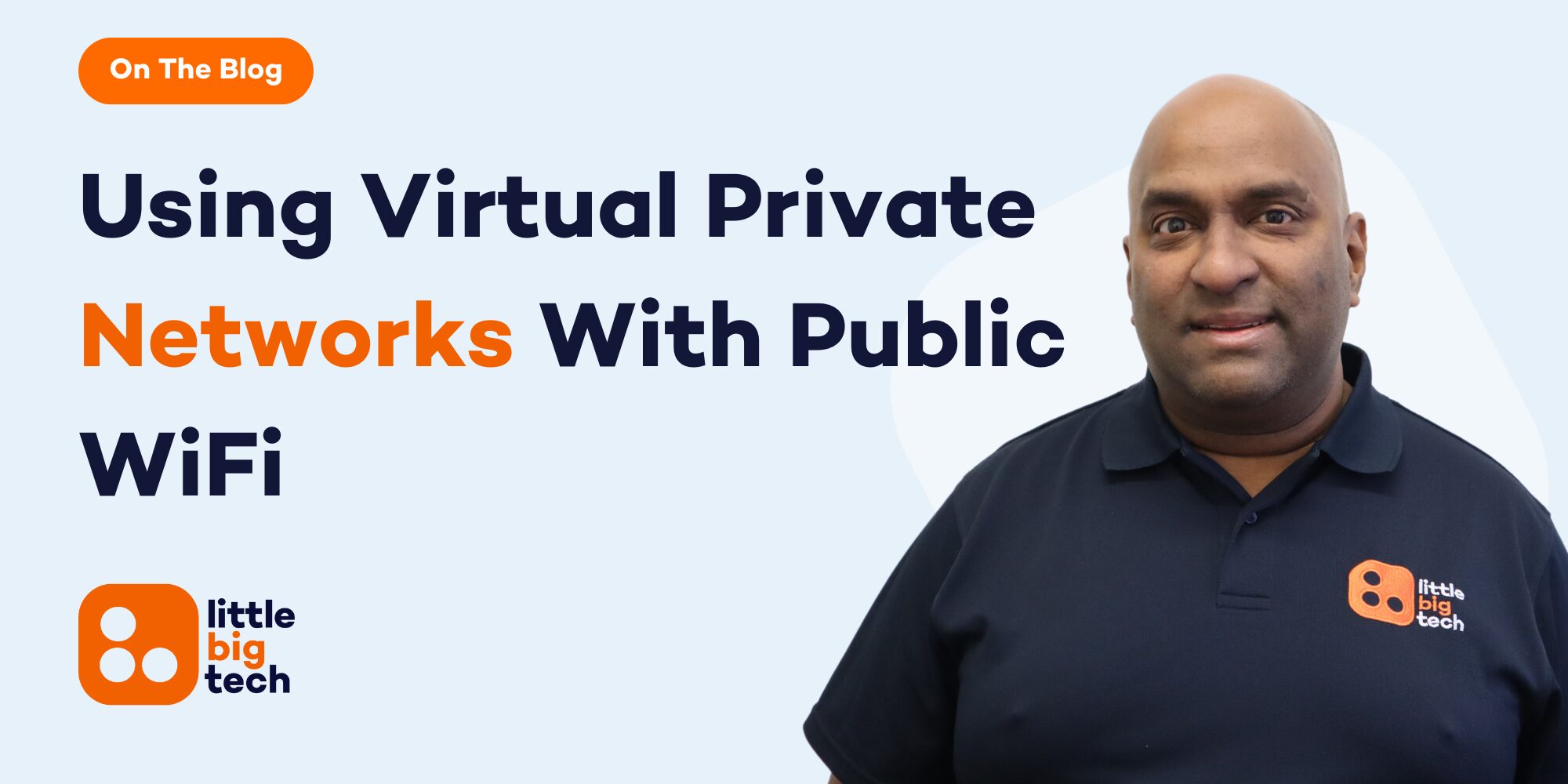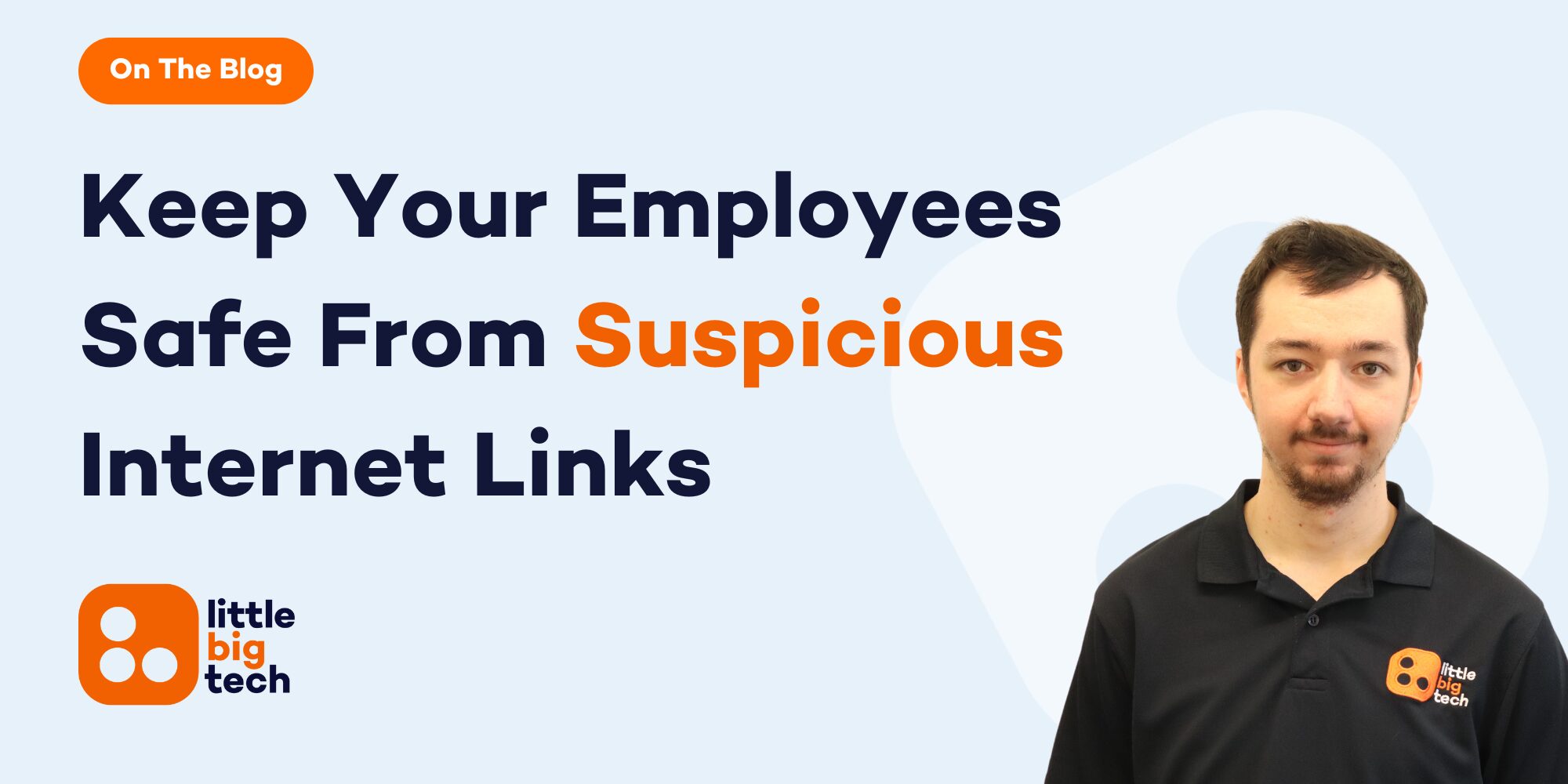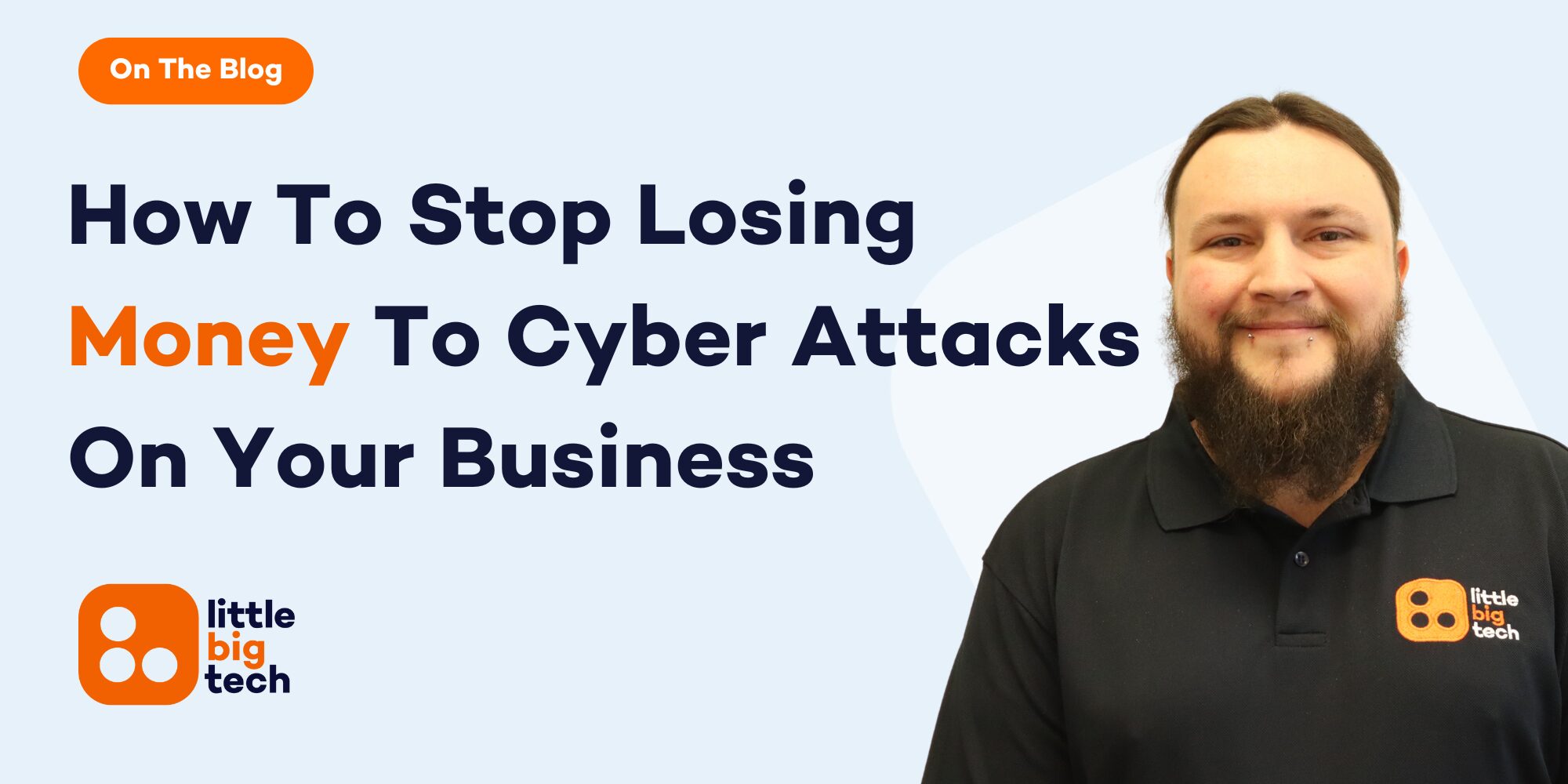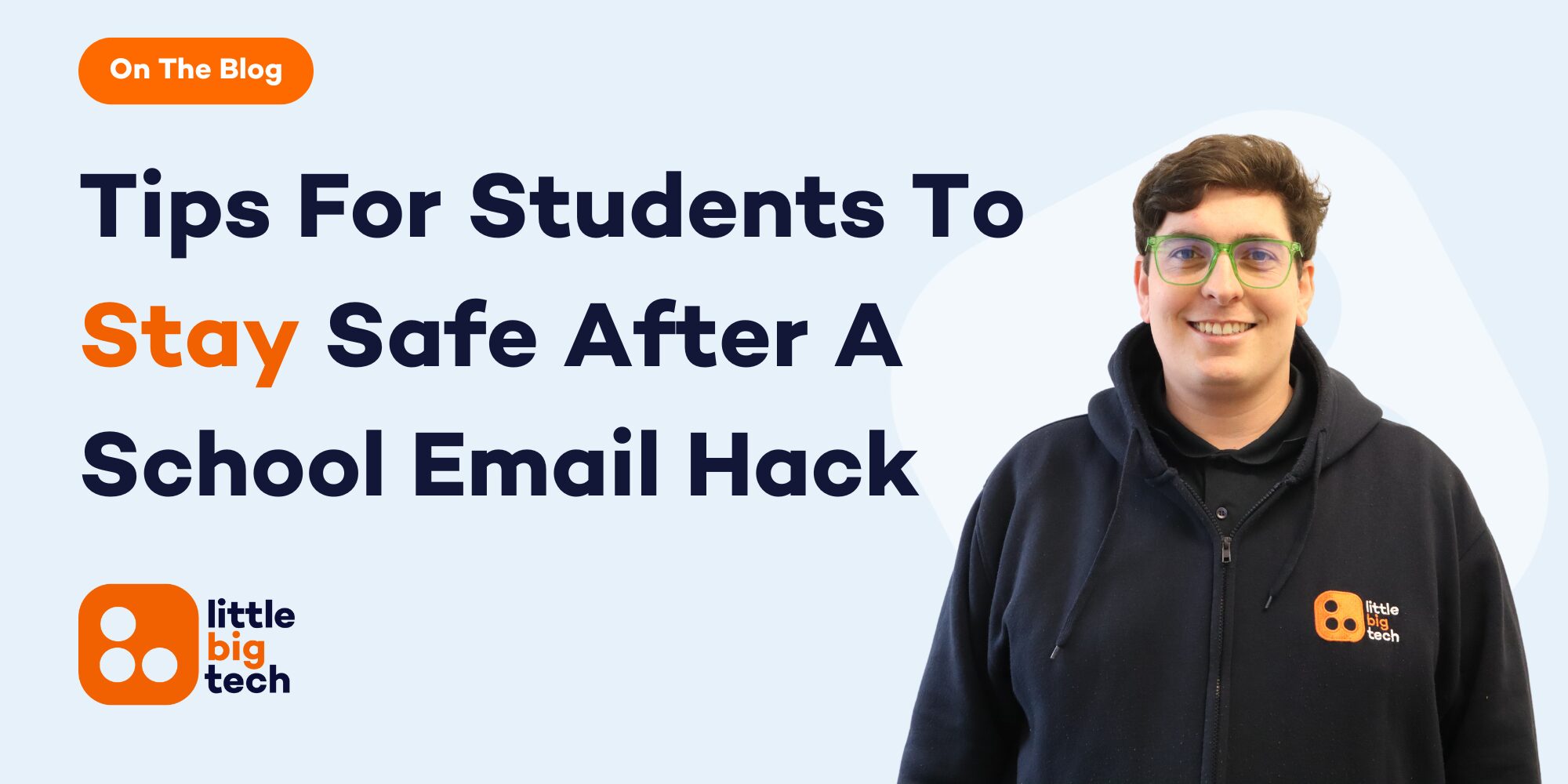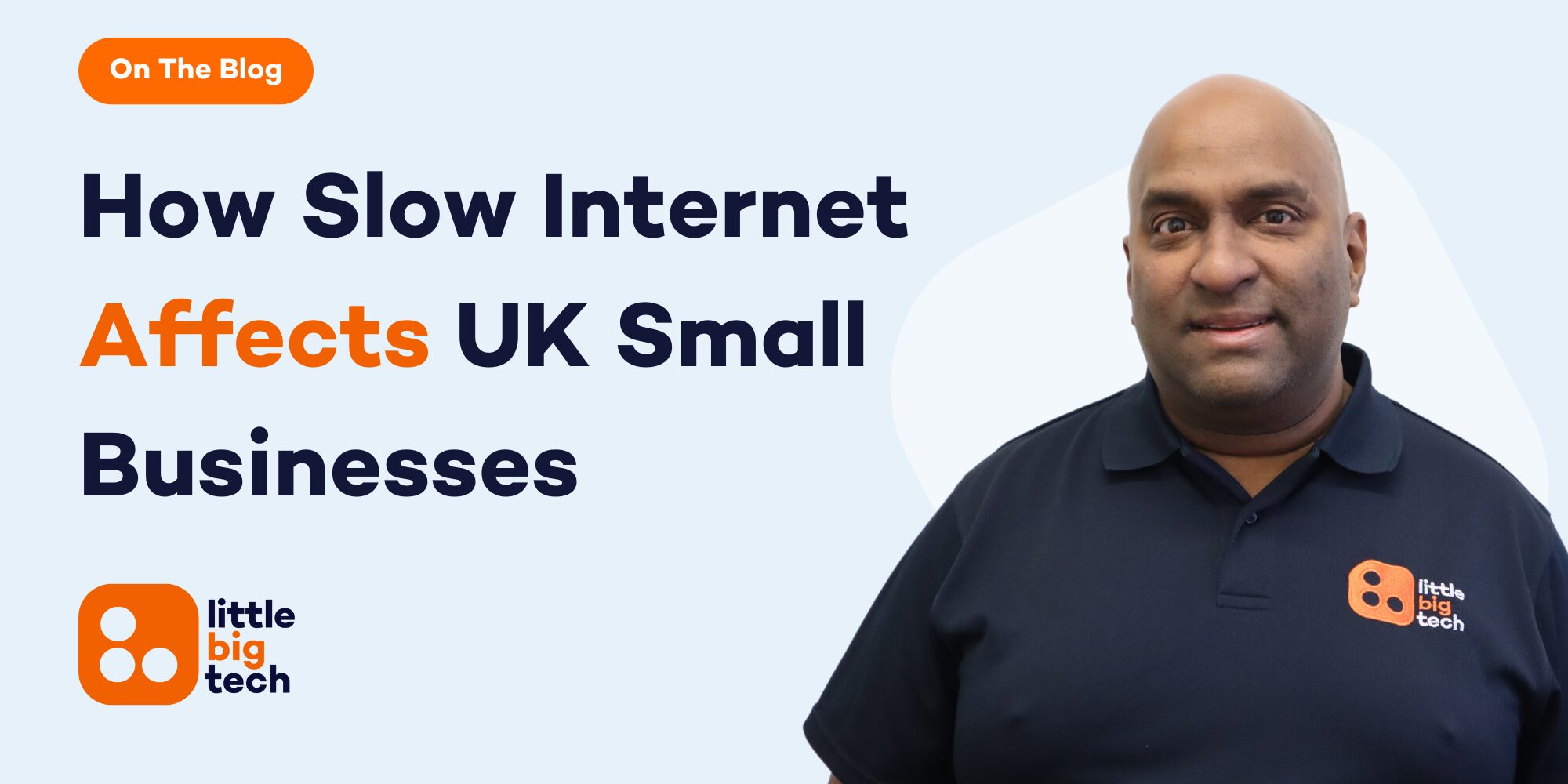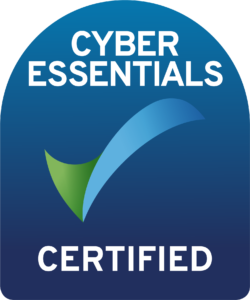Many people ask, is it safe to use public WiFi with VPN? The short answer is yes, using a virtual private network (VPN) adds a strong layer of security when you are connected to public WiFi. It encrypts your online activity, making it harder for hackers to intercept your data. But that doesn’t mean every VPN or every situation is completely risk-free.
In today’s world, public WiFi is everywhere in cafés, airports, hotels, and shopping centres. It’s tempting to check emails, access banking apps or send work files while sipping a coffee. But these connections are often wide open, and without protection, your personal and business information can be seen, stolen, or misused.
That’s where a VPN comes in. It hides your IP address and encrypts your internet connection so that others using the same network can’t see what you’re doing. This is especially helpful when handling sensitive data, whether personal or for work. But not all VPNs are equal. Free or poorly rated VPNs may do more harm than good, offering little protection or even logging your data.
This article will explore how VPNs work, what risks they do and don’t cover, and the safest way to use public WiFi without putting yourself or your business at risk. We’ll also explain what features to look for in a trusted VPN service and the smart habits every smartphone or laptop user should build into their routine.
Let’s break it down simply so that you can feel secure, stay private and avoid costly mistakes. If you use public WiFi regularly, this guide will help you stay one step ahead of the risks.
What A VPN Really Does When You Use Public WiFi
Many people hear the term VPN and think it’s only for tech experts or big companies. But if you ever use public WiFi, understanding how a VPN works could be the difference between safe browsing and a serious data breach. Here’s what a VPN actually does when you’re using it on public networks.
Encrypts your connection: A VPN scrambles the data you send and receive so it becomes unreadable to anyone else on the network. Even if someone tries to spy on what you’re doing, they’ll only see a jumbled mess instead of your personal information, banking details or passwords.
Shields your IP address: Your IP address reveals where you are and what device you’re using. On public WiFi, that’s risky. When you use public WiFi with VPN hides your real IP and replaces it with one from a different location, making it harder for others to track or identify you.
Stops eavesdropping and spying: Public WiFi is often unprotected, even when it asks for a password. Without encryption, others nearby can still see your activity using basic tools. A VPN prevents this by sealing your data in a secure tunnel from your device to the internet.
Protects sensitive tasks: Sending work emails, accessing bank accounts or handling private logins on public WiFi can open the door to hackers. With a VPN, these actions are hidden, giving you peace of mind even on risky networks.
Helps bypass fake networks: Hackers sometimes create hotspots that look like real public WiFi. You might see “FreeCafeWiFi” and think it’s safe, but it could be a trap. A VPN still protects your data even if you connect to one of these fake networks.
The Dangers Of Using Public WiFi With Work Devices
Many people don’t think twice before checking emails or logging into work systems using free WiFi. But the risks of using public WiFi with work devices are much more serious than you might think, especially when company data is involved.
Working in cafes, airports or hotels can be handy, but these environments are also where hackers are most active. Here’s why that matters.
Stolen client or company data: When you access confidential files or cloud-based tools without a protected connection, there’s a chance someone could intercept the data. This includes client addresses, payment details or even internal documents. Once leaked, this can ruin client trust and lead to legal trouble.
No protection against snoopers: Your office network may have firewalls and monitoring tools. Public WiFi does not. Hackers can watch your device traffic silently using tools like packet sniffers. This means every form you fill or file you send might be copied by someone else.
Unsecured devices can get infected: Hackers use public WiFi to send out viruses, spyware and other harmful software. Once your laptop or phone is infected, it can spread across your company’s internal network when you reconnect at work.
GDPR and compliance breaches: If your work involves handling customer information, you’re bound by law to protect it. Using public WiFi to access that data, especially without extra layers like a VPN, can break compliance rules. This can lead to massive fines or investigations.
Remote workers can unknowingly open doors to attackers: Employees working from home or while travelling often think public WiFi is fine if it has a password. But that’s not true. Many public networks use outdated security or none at all. Once attackers get in through one device, they can try to move through connected systems.
Using shared devices adds another layer of risk: If you’re on a shared work tablet or laptop in a public space, any saved logins or cached data can be exploited if the connection isn’t secure. Hackers often take advantage of saved sessions or weak logout habits.
The safest way to work remotely is to use secure hotspots or VPNs, and make sure your devices are always updated.
How To Know If Your VPN Is Actually Working On Public WiFi
Just because you’re connected to a VPN doesn’t mean it’s working properly. There are simple ways to check and mistakes to avoid when using public WiFi with a VPN. Here’s how to be sure your VPN is doing its job.
1. Check your IP address before and after:
When your VPN is active, your real IP address should be hidden. You can check this by visiting websites like whatismyipaddress.com before and after switching on your VPN. If the IP doesn’t change, your VPN isn’t working.
2. Watch for DNS leaks:
DNS (Domain Name System) leaks happen when your device still uses your ISP’s servers even when your VPN is on. This means someone might still see what websites you visit. Use DNS leak test sites to make sure your VPN is handling all traffic.
3. Use a kill switch feature:
A good VPN has a kill switch, which cuts off your internet if the VPN disconnects suddenly. This stops your device from sending unprotected data. Make sure this feature is switched on in your VPN settings.
4. Avoid free or fake VPNs:
Not all VPNs are equal. Free ones often collect your data or don’t offer full encryption. Some fake apps just mimic VPN behaviour and do nothing. Stick with trusted, paid VPN services that are regularly updated and come with strong privacy reviews.
5. Test for speed drops:
VPNs may slow down your connection slightly, but a big drop in speed could mean it’s not properly connected or being throttled. Use speed test sites to compare your connection with and without the VPN.
6. Watch for login issues:
If you’re able to access platforms that are normally restricted by region while your VPN is on, that’s a sign it’s working. If everything seems the same as without a VPN, it might not be active.
7. Public WiFi behaviour changes with VPN:
Without a VPN, some public WiFi portals force you to accept terms before use. When a VPN is active, these pages often can’t load. If you’re still getting login popups while using a VPN, something might be wrong.
Making sure your VPN is working is just as important as using one. If you’re unsure about your settings or need expert configuration.
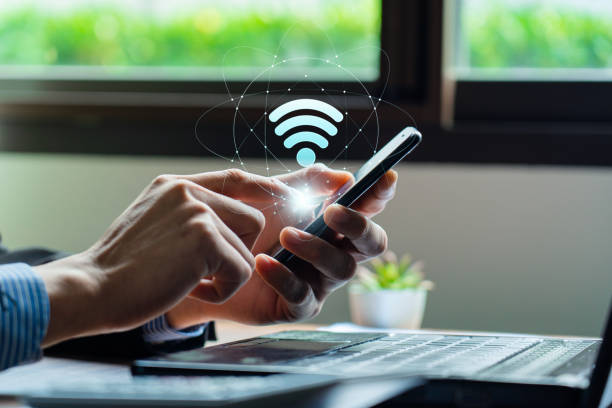
Why You Still Need To Be Cautious Even When Using A VPN
Using a public WiFi with VPN is a smart move, but it doesn’t make you bulletproof. Many people assume they can relax just because a VPN is turned on, but there are still real risks if you’re not careful.
1. VPNs don’t stop malware:
A VPN hides your internet traffic, but it doesn’t protect you from viruses, spyware, or trojans. If you click a bad link, download a risky app, or open a suspicious email, a VPN won’t stop your device from getting infected. Always use proper antivirus tools alongside your VPN.
2. Fake WiFi hotspots can still trick you:
Even with a VPN, connecting to a fake hotspot like “Free Hotel WiFi” instead of the real one can cause trouble. These networks might be set up by hackers. Your VPN may not connect fast enough to protect you before your data is exposed during that first moment of connection.
3. Weak passwords can still be stolen:
If your phone or laptop uses weak passwords or the same one across accounts, hackers could still gain access. A VPN doesn’t fix bad password habits. You need to use strong, unique passwords and update them often.
4. VPNs don’t stop phishing attempts:
A VPN can’t detect when you get an email pretending to be your bank or a message asking you to click a fake login link. These tricks are known as phishing. Stay alert, check email senders, and never give out personal info without checking the source. Even using public WiFi with VPN cannot stop it.
5. VPNs can disconnect without warning:
Even the best VPNs can lose connection now and then. If yours doesn’t have a kill switch enabled, your device could suddenly be sending out data with no protection at all. You may not even notice. Always double-check that your VPN is still active, especially in busy public areas.
6. Some apps ignore VPN settings:
Not every app respects your VPN. Some apps may send data over the regular internet even when your VPN is turned on. This includes some email clients, messaging apps, or social platforms. That leaves gaps in your privacy without you realising it.
A VPN is powerful, but it isn’t magic. It works best when it’s part of a complete approach to online safety. That means combining it with good habits, smart settings, and up-to-date protection on all your devices.
Expert Advice On Whether To Use Public WiFi With VPN
After all the facts and warnings, you might still be wondering is it really safe to use public WiFi with a VPN? The answer isn’t black or white. Yes, a VPN helps. It gives you a layer of protection by hiding your browsing activity and securing your data. But as industry professionals at Little Big Tech, we’ve seen time and again that a VPN is not the whole answer.
From our experience, many users switch on their VPN and assume that’s job done. But hackers are getting smarter. They exploit other weak points, like poor passwords, old software, and users who don’t double-check what they’re clicking on. And when it comes to hotel WiFi, café WiFi, airport WiFi — the risks are even higher.
We always say this to clients: a VPN is like locking your front door. It matters, but if the windows are wide open, you’re still at risk.
At Little Big Tech, we help businesses and individuals set up smart security systems that don’t just rely on a single tool. We look at the full picture. So, if you’re using public WiFi often, and you want to keep your work, money and personal info safe, don’t just hope your VPN is enough.
Let us guide you through what really works. Give us a call on 03333 055 331, or drop us a message. We’re happy to help you stay secure wherever you go online.

